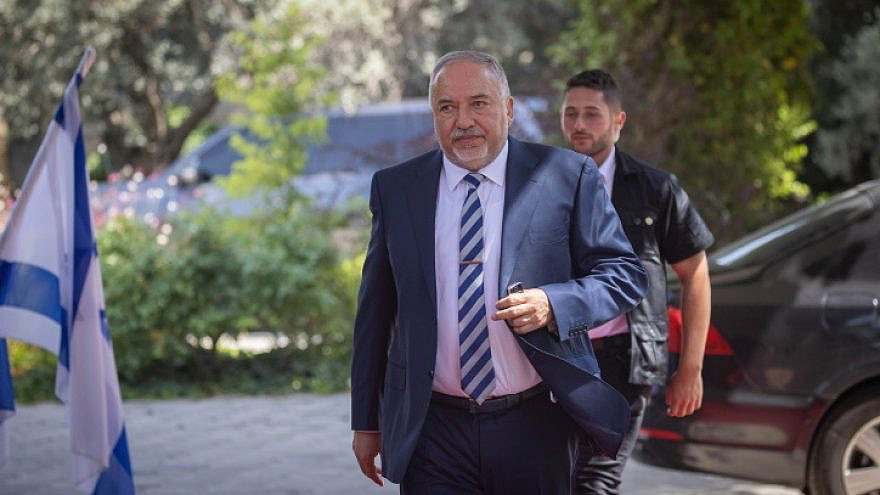Israeli Finance Minister Avigdor Lieberman met on Monday with key members of his staff for an initial discussion on formulating a two-year state budget for 2021-22.
Noting that passing a budget would be a critical challenge for the new government, Lieberman described the budget-building process as a “national task.”
Lieberman warned that if the government didn’t “pursue a responsible policy,” it would lead to a loss of control over the economy and “chaos.”
Israel’s economy already shows signs of post-pandemic recovery. The deficit, after swelling to a high of 12.4 percent of GDP in the 12 months to the end of February, dropped to 10.5 percent of GDP by the end of May, reported Globes. Bank Leumi expects the deficit to go from 9 percent to 8 percent by the end of the year.
Lieberman said that a special focus would be trained on reducing prices on certain goods, like fruits and vegetables, and on reining in the “alarming rise” in housing prices.
Israeli economists, real estate developers and government officials have warned of a coming housing shortage, pointing fingers at government bureaucracy for moving too slowly to free up land for development.
Meanwhile, the real estate market is white-hot as people snap up available homes. The Chief Economist Division of the Ministry of Finance reported that in March alone, 13,200 apartments sold—a jump of 38 percent compared to March 2019 (2020 was passed over due to COVID-19).
Attending the first budget meeting were Lieberman’s No. 1 and No. 2 picks at the ministry: Acting Commissioner for Budgets Yogev Gardos and Finance Ministry Director-General Ram Belinkov.


























